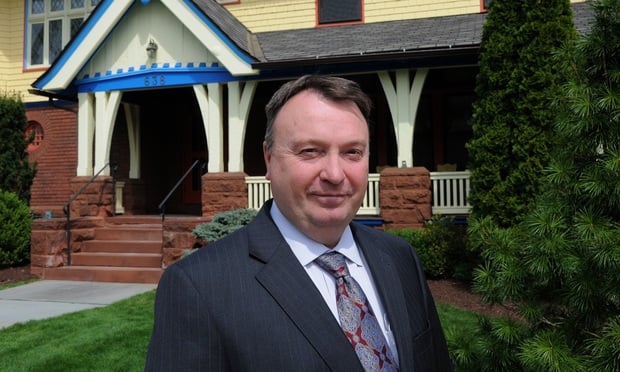Kenneth Caisse sees his role as leveling the playing field. Often, he says, he steps into divorce cases where one spouse is represented by a lawyer—or an entire legal team—and another spouse cannot afford legal representation.
If it weren’t for pro bono lawyers, the self-represented party might “bumble or stumble along in the process or perhaps be taken advantage of by the spouse or how the system operates. … [That] spouse is going to be at a disadvantage,” said Caisse, a partner at Loudon Caisse Hainey, which has offices in Hartford and Norwich.
This content has been archived. It is available through our partners, LexisNexis® and Bloomberg Law.
To view this content, please continue to their sites.
Not a Lexis Subscriber?
Subscribe Now
Not a Bloomberg Law Subscriber?
Subscribe Now
LexisNexis® and Bloomberg Law are third party online distributors of the broad collection of current and archived versions of ALM's legal news publications. LexisNexis® and Bloomberg Law customers are able to access and use ALM's content, including content from the National Law Journal, The American Lawyer, Legaltech News, The New York Law Journal, and Corporate Counsel, as well as other sources of legal information.
For questions call 1-877-256-2472 or contact us at [email protected]



